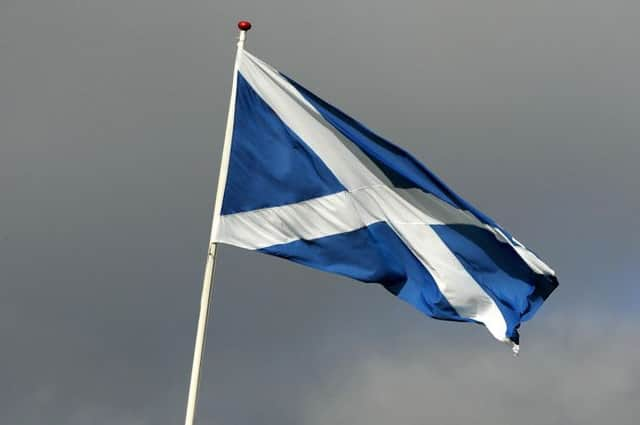Martin Boon: Words of Wisdom on independence poll


Let’s think about that for a moment: is it really possible a random group of people, perhaps with no more than passing interest in politics or election results, can out-predict a professor of politics who might be but one member of the crowd?
It is possible. In his book The Wisdom of Crowds (2004), James Surowiecki found that, in different circumstances, the collective estimation of a random crowd was superior to even the smartest people within it, assuming a few basic conditions were met. Most famously, he found the average of all guesses of the weight of an ox by visitors to a Victorian-era country fair exactly matched that of the ox’s actual weight. More pertinently, ICM found the collective prediction of the shares of the vote each party would get at the 2010 general election were more accurate than those predicted by every final opinion poll, including ICM’s.
Advertisement
Hide AdAdvertisement
Hide AdFor the first time, we have applied the Wisdom concept to the Scottish independence referendum, and it shows the Scottish public think the result might be much closer than even the headline figures on the poll suggest. Scots think Yes will garner 47 per cent, losing by only three points, as things stand.
But we need to be cautious. The Wisdom prediction has proved itself where we have been able to help people with information in an election that has happened before, like the last general election for Westminster, but it has not fared so well in unprecedented referendums, including the AV referendum and the Welsh additional powers referendum of 2011. This might be because in each case – as with the Scottish vote – there has been no previous result to act as a guidance marker for our respondents.
Interestingly, in both previous referendum experiments, the Wisdom prediction was (incorrectly) closer to 50:50 than the orthodox vote intention prediction on the poll – something we see now on this poll in Scotland. In itself, this is a useful finding, and may just give us a little more confidence that headline figures on this poll are close to accurately measuring the current state of play. That’s a pollster for you – even when we’re wrong (or in this case might be wrong), we find a way of proving we’re right.
• Martin Boon is director of ICM Research.
SEE ALSO